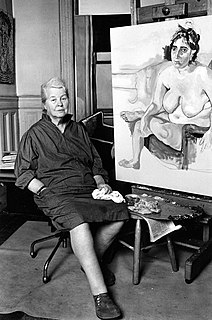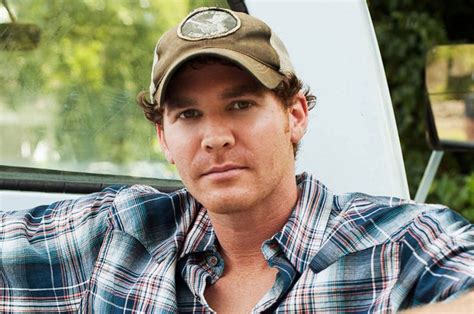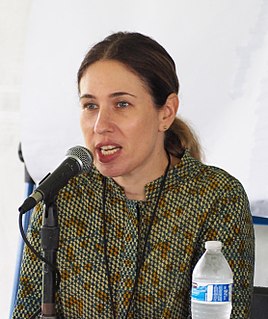A Quote by Frank Herbert
When I was writing Dune there was no room in my mind for concerns about the book's success or failure. I was concerned only with the writing. Six years of research had preceded the day I sat down to put the story together, and the interweaving of the many plot layers I had planned required a degree of concentration I had never before experienced.
Related Quotes
And I felt more like me than I ever had, as if the years I'd lived so far had formed layers of skin and muscle over myself that others saw as me when the real one had been underneath all along, and I knew writing- even writing badly- had peeled away those layers, and I knew then that if I wanted to stay awake and alive, if I wanted to stay me, I would have to keep writing.
The secret to writing is writing. Lots of people I know talk about writing. They will tell me about the book they are going to write, or are thinking about writing, or may write some day in the future. And I know they will never do it. If someone is serious about writing, then they will sit down every day and put some words down on paper.
For many years I wanted to be a rock star but of course that didn't work out. I did however write on napkins and pieces of paper sentences and occurrences. I decided maybe I should write a book because I had been writing so much. I'm actually writing a book based on The Room that will hopefully be published soon.
The first time I go out to Nashville, ever (at this point I had only heard the rumors about what it's like) I had three writing sessions set up. The first two canceled on me. I was kind of pissed off at that point. So I just went back to my hotel room and started writing. And even though I've been to L.A. and experienced a lot of things, at the end of the day I just start to feel like I'm playing acoustically at the first bar I ever played at.
I'll never forget a Podcast I did with Dr Joseph Mercola when my bestseller, 'The Plant Paradox' had just come out. He was wild about the book, and apoligized that he had never heard of me before the book. He asked what I had been doing for so many years. I replied that I was merely following the Buddha's advice to 'chop wood and carry water.'
I've found a bit of success in my career, and I'm very relieved by it, but the success that comes after a book is published is never as happy as the feeling of writing, of knowing you've written something good, of feeling like you've had a worthwhile day in the chair. That's the best feeling I know, and as soon as writing stops making me feel that way, I'll stop doing it.
We usually break the story first. For instance, on The Monuments Men, and this one is more complicated because there's a lot of history, so before we started, we sat down with Robert Edsel, the author of the book, for about a week, and basically, he just gave us a lecture and went through everything. And then, I had a researcher, somebody who we had actually used on Argo.






































